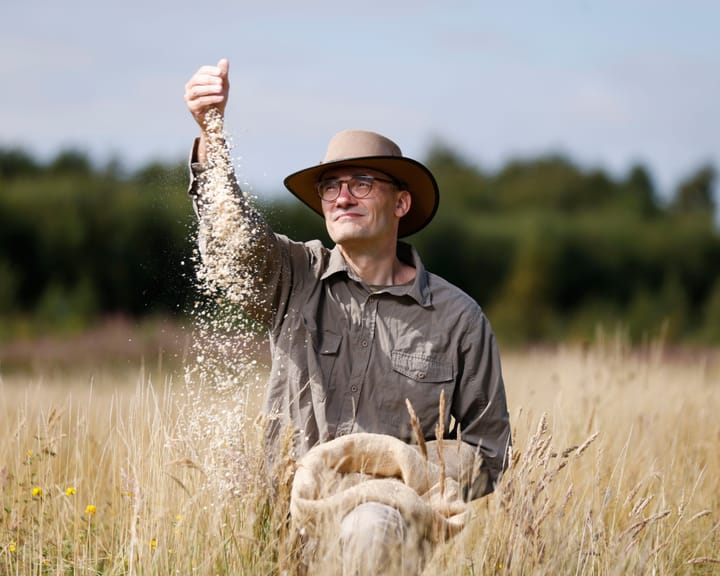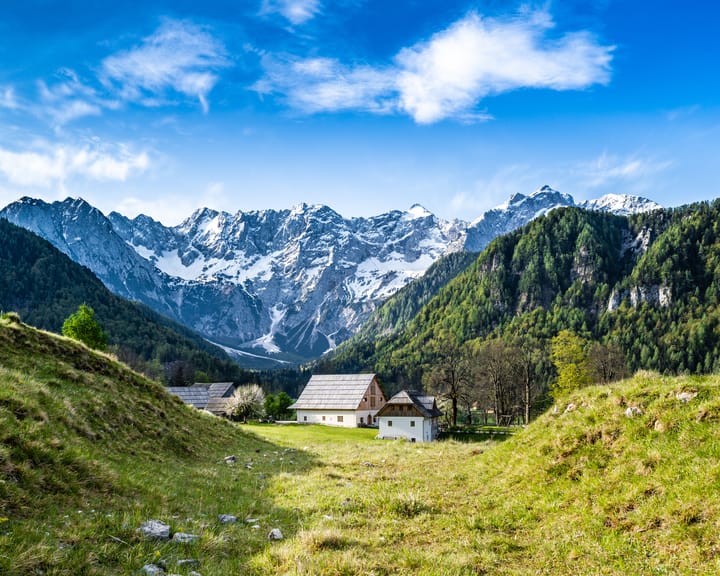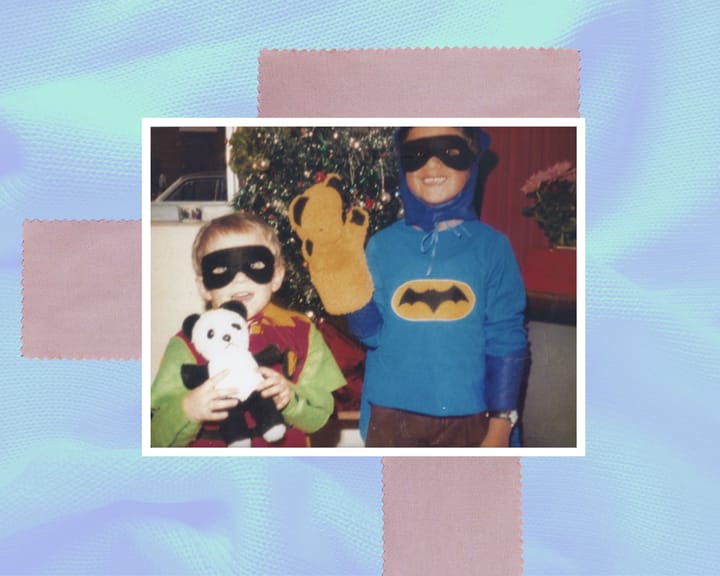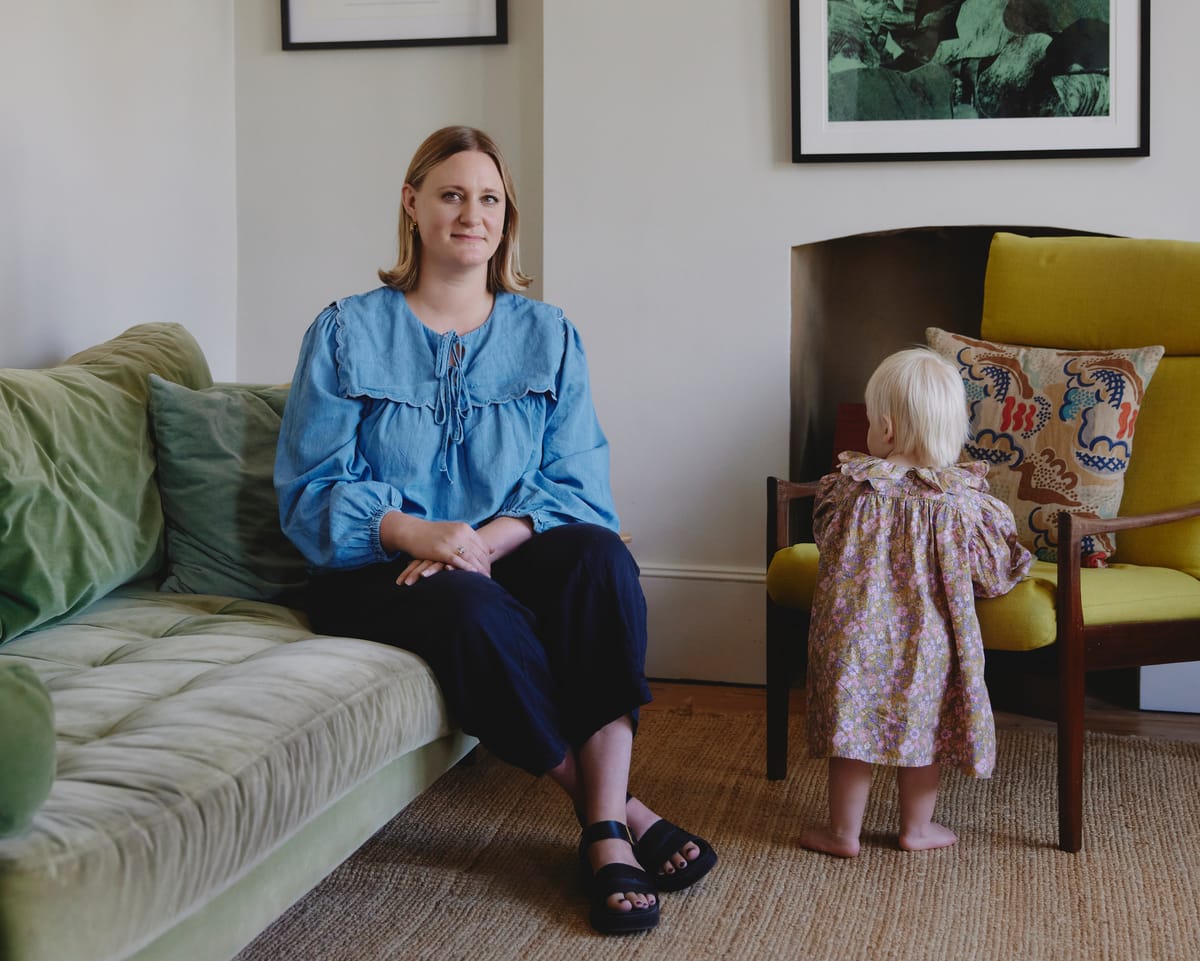In February of this year, I first realized something was wrong. I was nearing the end of my maternity leave with my second child and had recently transitioned from making wedding cakes to styling food, which I enjoyed. Between caring for my children with my husband, Chris, and taking on work, I was stretched thin, but life felt full.
That week, after finishing a demanding project, I felt exhausted. Flashing lights appeared in my vision. I thought it was a migraine—something I’d experienced as a teen—and dismissed it.
The next day, we traveled from London to visit my parents. When I woke, everything looked unnaturally bright and sharp, as if the world had been electrified. My vision was filled with a strange haze.
I mentioned it to my husband and mother, who suggested it was likely another migraine. But the sensation lingered the following day, making me dizzy and uneasy.
A few nights later, while putting my son to bed, I struggled to see his face clearly. Panic set in. Was I losing my sight? At 39, that seemed impossible. I didn’t have a headache, so migraine seemed unlikely.
I went to A&E. The eye specialist found no issues, so I tried to ignore it.
Days later, working in a brightly lit studio, the same overwhelming sensations returned. Back at A&E, doctors again dismissed it as a migraine that would pass.
Except it didn’t. I recorded my symptoms: persistent after-images, extreme light sensitivity, and unsteadiness in dim light. Tremors in my hands and face, constant visual distortion, and a heavy mental fog followed.
Fearing a brain-related issue, I booked a private neurologist, but the earliest appointment was weeks away. An MRI showed nothing unusual.
Doubt crept in. Was I imagining it? There was no explanation—just this relentless sensory disruption. I felt like I was losing control.
Searching my symptoms, I discovered "visual snow syndrome." It seemed improbable—an obscure condition affecting a small percentage of people. Yet every description matched my experience.
By April, the neurologist confirmed the diagnosis. Little is known about it, and there’s no cure. She suggested epilepsy medication but couldn't guarantee results. The diagnosis was affirming yet devastating. Few, even doctors, had heard of it.
Now, I’ve adjusted my way of living. Some days are easier, depending on stress or rest. I often rely on sunglasses to cope.
Read next

"World Porridge Champion Shares Winning Secrets"
In 2020, while on a camping trip with a friend from Sweden, we drove through Carrbridge—a village in the Scottish Highlands, roughly two hours from my home in Aberdeenshire. A sign caught our attention: "Welcome to the Home of the World Porridge Championship."
It vaguely reminded me

"Slovenia's Jezersko valley offers a perfect peaceful retreat"
I wake to the sound of church bells as sunlight fills my room and step onto the balcony to gaze at Mount Storžič. My stay, Senkova Domačija, a family-run organic farm just outside the village of Jezersko, is so charming it could be a dream—an old farmhouse with lovely

"Best childhood outfit: 'Batman is my greatest look – I'd pick it for my passport if allowed'"
A Nostalgic Glimpse into the Early 80s
What stands out in this photo is how perfectly it captures the early 80s. The velvet curtains, plastic flowers, the old cathode-ray TV, and the glimpse of a metallic purple Ford Escort (the same car I later learned to drive in) are all

